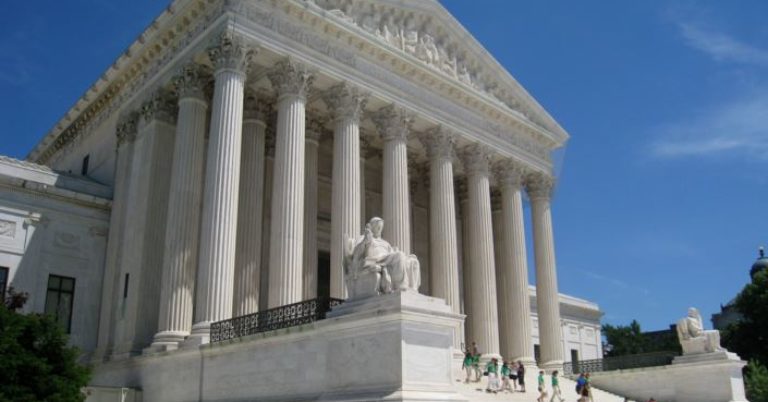Please select your state
so that we can show you the most relevant content.


Americans understand the importance of our First Amendment speech protections – the right to speak freely, to assemble peacefully, and to petition the government for redress – as well as the guarantee of a press that is free of government censorship.
Those freedoms have driven progress in America, since even before the Constitution was adopted. The Federalist Papers, written by several of our Founders and published under a single alias, were key to building support for the U.S. Constitution. By contrast, the defenders of slavery and Jim Crow sought to suppress speech – including anonymous speech – knowing that the only way to preserve those injustices was to silence those who opposed them.
In the 1958 case of NAACP v. Alabama, the Supreme Court unanimously recognized that if government can force organizations to disclose their members, it’s easier to put pressure on people and frighten them into silence, deterring challenges to the status quo. As Justice Harlan wrote for the majority:
Compelled disclosure of affiliation with groups engaged in advocacy may constitute as effective a restraint on freedom of association as [other forms of governmental action] … Inviolability of privacy in group association may in many circumstances be indispensable to preservation of freedom of association.
Although the Court has spoken clearly in the past on First Amendment protections, it was recently announced that it will not add Montana’s DISCLOSE Act to the docket of cases under review next term.
Signed into law in 2015, the Montana law effectively labels nearly any communication that references a candidate, in any medium, 60 days or fewer from the start of voting an electioneering communication, and thus requires the speaker to report donors’ personal information with the government, even when those persons had no knowledge or influence over the communications.
Simply put, it makes it riskier for citizens to raise their voices, support causes they believe in and comment about elected officials and the policies they advocate. Instead of a robust debate that makes it easier for voters to hear both sides of an issue, the DISCLOSE Act guarantees that politicians, who already have the loudest voice, get another way to silence debate and criticism of their votes. This makes it harder for voters to make informed choices because the truth is no easier to find when only the powerful have the microphone.
Would we favor a system in which Hollywood stars get to decide who can review their movies, or pro athletes decide who can write about them on the sports pages? It makes even less sense to permit government officials to regulate those who criticize them, and to try to choke off the voices of citizens who want nothing more than to join together to express their views.
The Founders saw the primary role of government as protecting our rights – free speech high among them. Allowing politicians and government bureaucrats access to the personal information of those who criticize them or want to hold them accountable would stand that wise principle on its head. Transparency is a duty the government has to civil society. Private citizens have a right to privacy and to speak their minds. While the Supreme Court won’t resolve this question in its next term, we hope that Montana officials correct their error.
© 2024 AMERICANS FOR PROSPERITY. ALL RIGHTS RESERVED. | PRIVACY POLICY
Receive email alerts to learn how to get involved